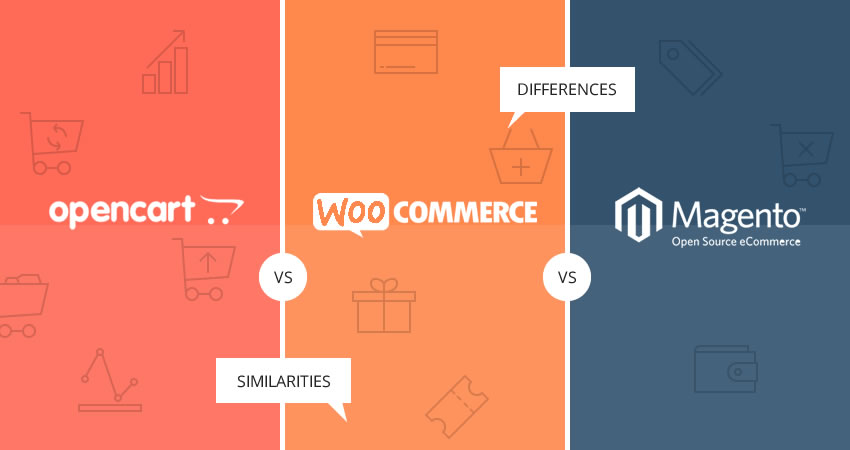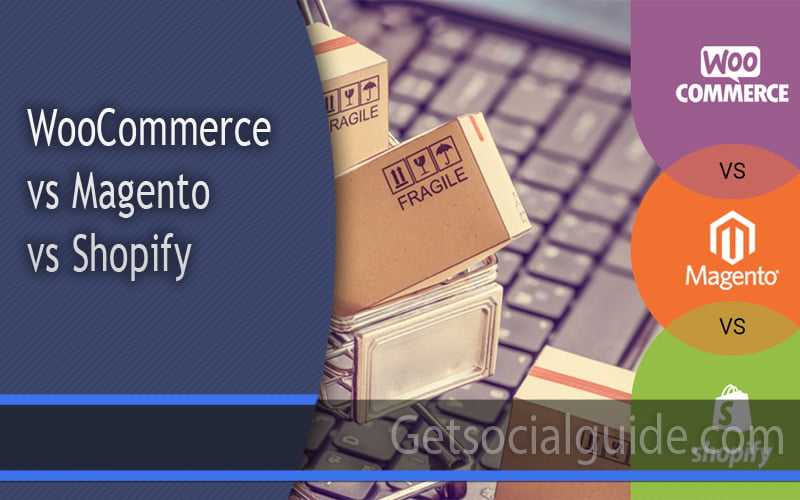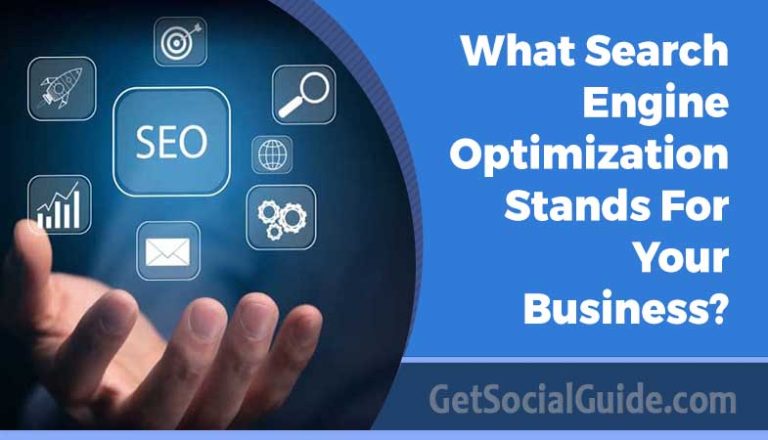WooCommerce vs Magento vs Shopify Platform Comparison
For an eCommerce business, the eCommerce platform works like any physical store. But, it not only provides you with a space where you can showcase your products to your customers but gives you a complete eCommerce management system. One of the biggest struggles of launching an eCommerce business is to find the right eCommerce platform.
And if you are to launch an eCommerce business, it’s essential to evaluate different platforms to identify the appropriate one for your business. Currently, the three leading eCommerce platforms are WooCommerce, Magento, and Shopify. All of these are popular for different features. Let’s have a complete comparison of WooCommerce vs Magento vs Shopify to determine the right one for your e-business.

WooCommerce vs Magento vs Shopify
WooCommerce
WooCommerce supersedes every other eCommerce platform in terms of popularity. It is an open-source forum that works as a plugin for WordPress websites. Though it’s free, you must have reliable WooCommerce hosting and a domain name for running your e-store. Build and managing your eCommerce store is a bit complicated if you aren’t a tech person. But, if you use a page builder you can handle WooCommerce easily. Although it’s quite tough to manage, it provides you with great customization flexibility.
There’s no limit to the plugins you can use for product listing, building an email list, different payment and shipment methods, etc. Moreover, you can use WooCommerce or Google Analytics for assessing your performance. Where the WordPress plugins provide you with lots of functionalities, it has their downsides too. First, this can affect the website loading speed, and second, you might have to pay for additional plugins.

Magento
Magento is the most popular choice for large-scale B2B and B2C businesses. It’s one of the most feature-loaded e-commerce platforms through which you can make highly functional eCommerce stores. E-stores on Magento have the capacity to be scaled to 250,000 products. Therefore, it’s best suited for medium to large businesses. As compared to WooCommerce, Magento provides an even better level of customization as it has approximately 5000 extensions.
It has all the necessary features for eCommerce, along with SEO and social interactivity attributes. Likewise WooCommerce, Magento is also a free, open-source platform. But if you want more customization and features you would have to buy its premium plan. Magento has a few disadvantages too. If you’re a beginner in the field of web design, you might have to acquire the services of a web developer to manage the store. If you can, work with the best magento development company when designing your website to achieve optimal results. Moreover, you’d also require web hosting and a domain for your eCommerce store. Overall, it isn’t a budget-friendly option and isn’t suited for small businesses.
Shopify
Shopify is an ideal option for beginners or small businesses. Managing Shopify stores is easiest as compared to WooCommerce or Magento as you will get all the setting options in one place i-e its dashboard. Shopify gives you a 14-day free trial while its paid plans will cost you from $29 to $299 a month. Shopify provides you with enough room to scale your business and is known for its SEO features, especially the loading speed.
The best thing about Shopify is that you won’t have to invest in a web host separately since it uses cloud-based technology. Therefore, it is one of the quickest ways of launching your e-store as a beginner. However, Shopify isn’t too flexible in terms of customization, and for adding different integrations, you would have to spend more. Also, it’s expensive as compared to WooCommerce but is a good option as compared to Magento.
| Features | Shopify | Magento | WooCommerce |
| Launch Date | 2006 | 2008 | 2011 |
| Overview | Shopify is among the many world’s main e-commerce startups. Shopify is extensively thought to be the best platform for an all-in-one e-commerce platform that permits you to set up a web-based retailer, handle your objects, and course of orders, all from a single dashboard. | Magento is among the hottest and sought-after e-commerce techniques amongst retailers all world wide. It has one of the intensive function units within the business, making it appropriate for high-aspiration retailers. | WooCommerce is the world’s hottest and environment friendly e-commerce platform. WooCommerce is a WordPress-based, open-source e-commerce system. It capabilities as a WordPress plugin, permitting you to build a functioning on-line retailer on a WordPress web site. |
| Websites | 6,000,000+ | 7,00,000+ | 4,000,000+ |
| Site Performance | High | High | High |
| Scalability | Yes, however only with Shopify Plus | Yes | Not if you happen to’re unfamiliar with coding — requires developer help, superior hosting |
| website positioning | Yes | Yes | Yes |
| Ease Of Use | Easy | Difficult | Easy |
| Customer Service | 24×7 | Yes (with Enterprise Edition) | Yes (Support Forum) |
| Security | High | High | High |
| Domain Name and Hosting | Yes | Premium, sure;
Community, no |
No — it’s a plugin that works with WordPress websites |
| Analytics | Google Analytics + System Analytics | Google Analytics + System Analytics | Google Analytics +
System Analytics |
| Cost | Starting at $29 | Premium or Free | Free |
| Conclusion | Shopify is the best platform for small companies seeking to develop their on-line presence. | Magento is the best choice for giant corporations with numerous resources. | WooCommerce can work successfully for small and medium-sized companies. |
Final Verdict – WooCommerce vs Magento vs Shopify Platform Comparison
All three of WooCommerce, Magento, and Shopify are reliable platforms for eCommerce. WooCommerce is the most cost-effective option with which you can easily scale your e-business over time. It gives you great customization flexibility and performance assessment options. Magento is ideal for medium to large-scale businesses as it has great potential to be scaled.
Lastly, Shopify is a popular choice for beginners. It’s effortless to build and manage an eCommerce store with Shopify since it provides all the controlling options on the dashboard.
The most important decision when opening an online store is which e-commerce platform to use for your company, as we mentioned in the introduction above. As is frequently the case with questions of this nature, the truthful response is: It depends. There are several factors to take into account when deciding which eCommerce platform to use, including your technical skills, financial situation, the size of your company, and the functionality you want.
- For small businesses wishing to increase their online presence, Shopify is the finest platform.
- The greatest option for big businesses with lots of resources is Magento.
- WooCommerce is an efficient business engine for small and medium-sized enterprises.
We hope this post has given you enough information to enable you to choose the best e-commerce platform for your needs. Additionally, we have an experienced team that can set up your e-commerce profile and modify the themes for your online store if you think you might use any of the aforementioned platforms.
From the initial creation of an online store to its continuous administration, you can rely on our highly recognised Shopify Development Service, WooCommerce Development Service, and Magento Development Service teams. We are able to examine, pinpoint, and resolve problems fast because to our familiarity with a wide range of themes and our understanding of Liquid files.






